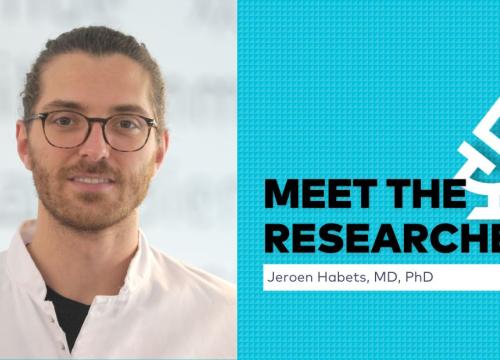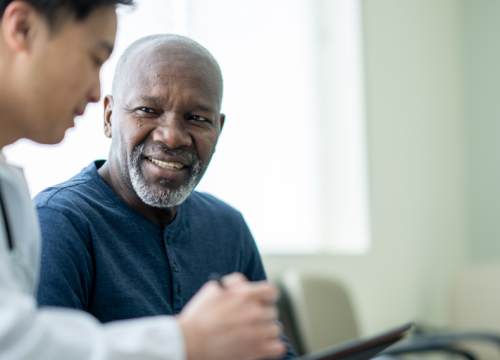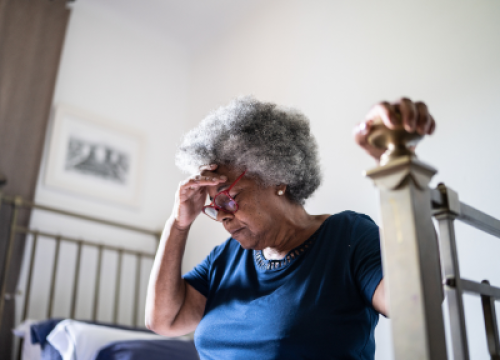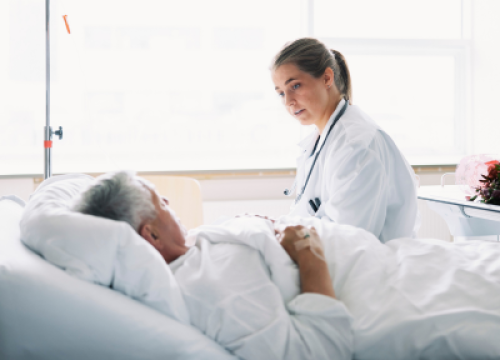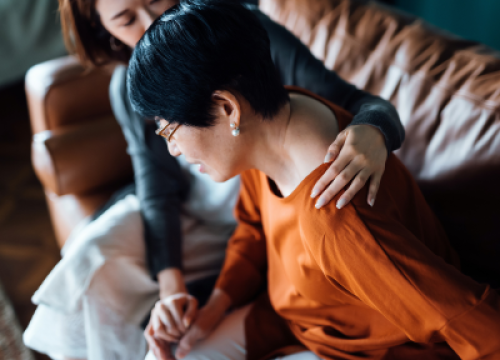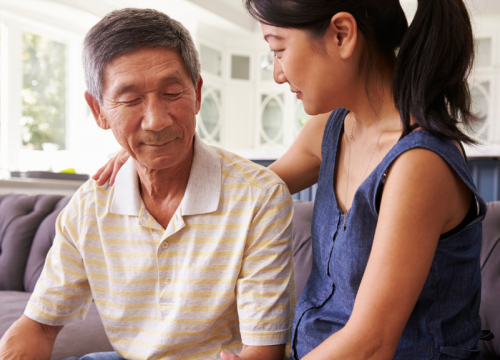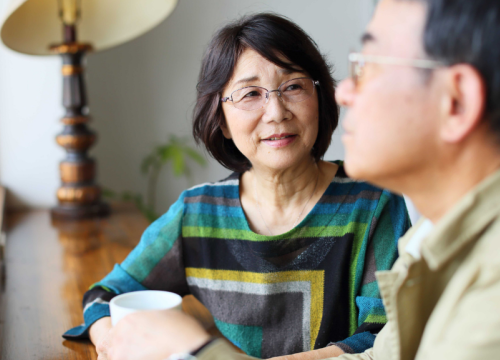My Parent Has Parkinson's. What Does It Mean?
Parkinson’s disease (PD) is a slowly progressive disorder. This means it gets worse over time. Parkinson’s affects how you move and other functions within the body.
Parkinson’s 101
One area of the brain that is affected is the substantia nigra, an area in the brain where cells produce dopamine. Dopamine allows nerve signals to travel from one nerve cell to another, sending messages to the muscles of the body. This is how we move, without really thinking about it. When the cells that make dopamine are lost, Parkinson’s symptoms appear. These physical and mental like tremors and slow movement help doctors make a PD diagnosis. There is a lot of research being done all over the world to understand the cause of Parkinson’s. Most scientists agree that the cause includes a combination of genetics and the environment. Research is also underway to find better treatments to improve life for people with the disease.
What does Parkinson’s look like?
Parkinson’s does not look the same in everyone. People can have different symptoms and problems can show up slowly over time. Here are some of the symptoms that affect people with Parkinson’s:
- Shaking (tremor)
- Stiffness (rigidity)
- Slow movement (bradykinesia)
- Quieter voice
- Smaller handwriting
- Body pain
- Feeling tired (fatigue)
- Changes to mood and motivation (depression, anxiety and apathy)
- Difficulty thinking clearly (cognitive changes)
How is Parkinson’s treated?
Doctors, nurses, physical and occupational therapists, social workers, speech therapists, and other professionals work with people with Parkinson’s to help them enjoy happy, active lives.
There are many kinds of medications (pills or patches) that can help people with Parkinson’s. These medications make it easier to walk, stand up and sit down and do other things that are part of a normal day. Sometimes the medications that help with Parkinson’s can make people dizzy, tired or have an upset stomach. But most of these problems can be improved by finding the right combination of medications.
In addition to medications, we are learning more through research and the experiences of other people with PD about how exercise can help people manage their symptoms and might even slow the progression of the disease! Your parent will want to talk to their doctor before starting anything new, but you can feel good about continuing to engage in active sports/activities with your parent.
How will PD affect me?
Things will change over time as Parkinson’s progresses—your parent’s Parkinson’s symptoms will change, meaning family plans, finances, and responsibilities will change, now and for the future. Talk with your parents about your concerns. Together you can figure out solutions.
You may have to do tasks in the house that you did not have to do before. You may also have to help your parent with daily tasks or activities, like getting dressed or cooking meals. You may feel you have to do these chores, but you do not have to like it. It is okay to be angry, sad, resentful, frustrated, embarrassed or feel guilty.
The things your parent with Parkinson’s can do— and the things you can do together—may change over time. It is important to think about different ways to stay connected with your parent and create new activities that you can do together. While your parent will always be your parent, PD might mean that you have to change what you expect of your parent and your family life.
What can I do?
Have family chats once a month or even once a week. Use this time to share with your parents how Parkinson’s makes you feel. They can also explain some of what they are going through. This will help you understand each other better, and you can try to find ways to help each other and reduce stress.
Talk to someone—whoever you feel a connection with. This could be a friend, relative, teacher or counselor. You may have concerns or worries you don’t feel comfortable telling your parents about. Expressing these feelings might help you feel better, and the person might have good advice.
Get involved. Sometimes we feel better when we can DO something to improve a situation. Go to a local Moving Day®, organize your own fundraiser to support PD research through Parkinson’s Champions or raise awareness of PD at your school, church or other community center. The Parkinson’s Foundation can help with ideas on how to get involved.
Connect with other people your age. You are not the only one with a parent with Parkinson’s disease. If your parents are in a Parkinson’s support group, they might know other people with PD with children who would like to talk or hang out. Even your parent’s doctor may know of other children to connect with. Connect online with others in the same situation. Some groups already exist—try searching for the groups “Young Adult Children of Parkinson’s Patients” or “Parkinson’s, Children Living With THEM,” or create your own!
Try different activities to cope and manage stress: Exercise, stay involved in your favorite activities, eat well, get lots of rest and continue to have fun! Write in a journal where you can let out some of your feelings and stress in a safe, confidential way. Write about what part of PD upsets you and conclude entries with something that you feel grateful for in your life.
Get more information. Instead of Googling “Parkinson’s disease,” check out Parkinson.org. It might be a good idea to look at the website with someone who can help you understand the information, like a relative, adult friend, teacher, counselor or coach. Look at the site with your parent, so you learn together.
Related Materials
My Parent Has Parkinson's. What Does It Mean?
Low Blood Pressure and PD
Getting Involved in Research
Related Blog Posts
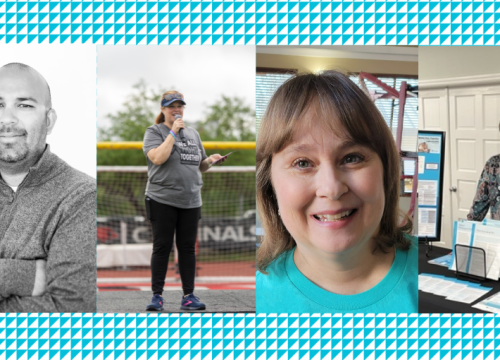
Meet 4 Volunteers Making Life Better for People with Parkinson’s

Neuro Talk: Early-Onset Parkinson’s Disease (EOPD)
